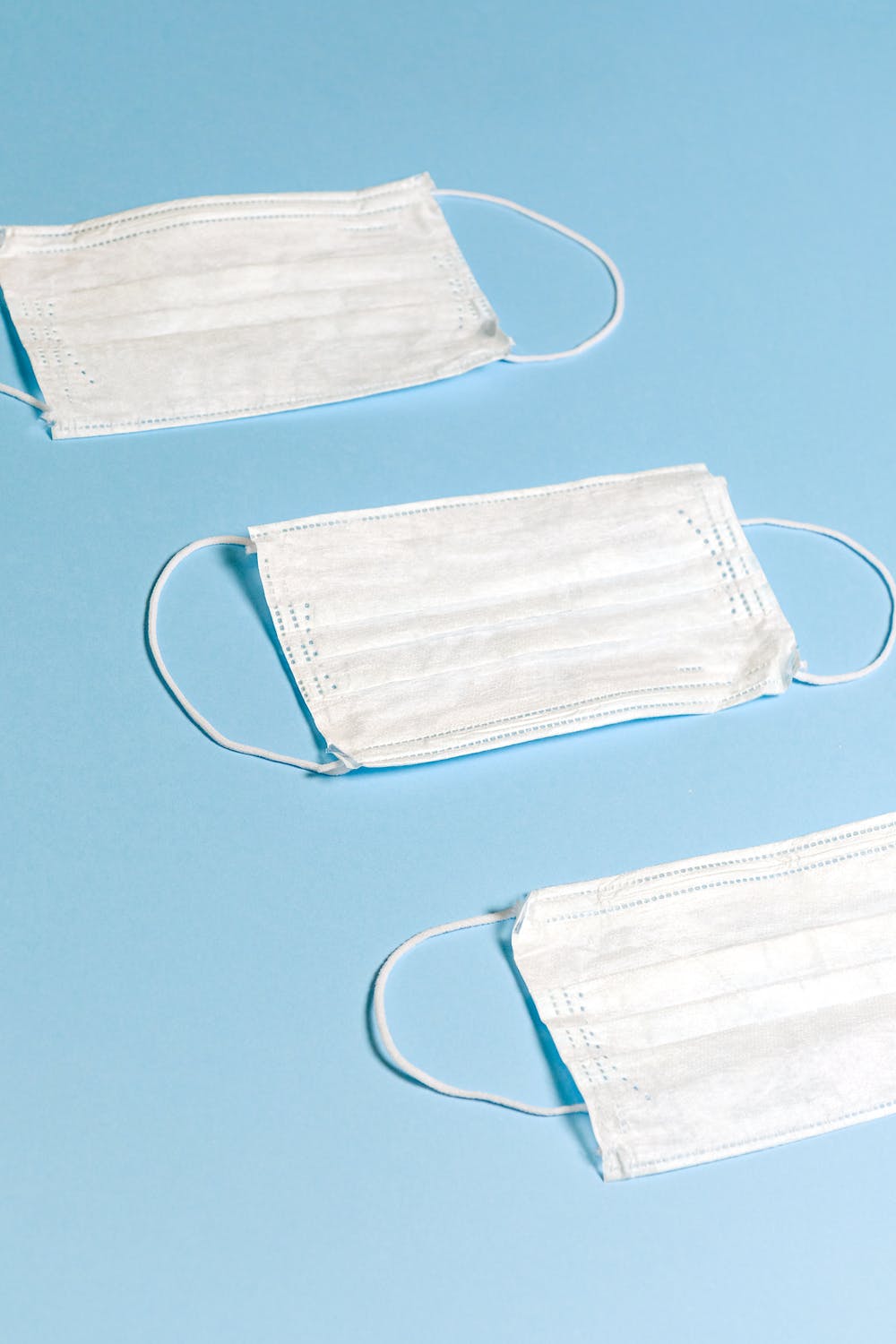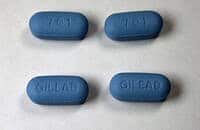Author Interviews, COVID -19 Coronavirus, JAMA, Social Issues / 01.10.2020
Minority COVID-19 Patients Had More Co-Morbidities Including Obesity, Heart Disease and Diabetes
MedicalResearch.com Interview with:
Dr. Madhur Garg, MD MBA
Clinical director, Radiation Oncology
Montefiore Health System and Professor
Departments of Otorhinolaryngology - Head & Neck Surgery - and Urology
Albert Einstein College of Medicine
MedicalResearch.com: What is the background for this study?
Response: The Bronx was hit particularly hard with Covid-19 - making up one of the highest per capita cases and deaths in the country. Montefiore Health System and Albert Einstein College of Medicine, care for a large population of ethnic minorities (non-Hispanic Black and Hispanic individuals make up 65% of our patient population).
(more…)





















